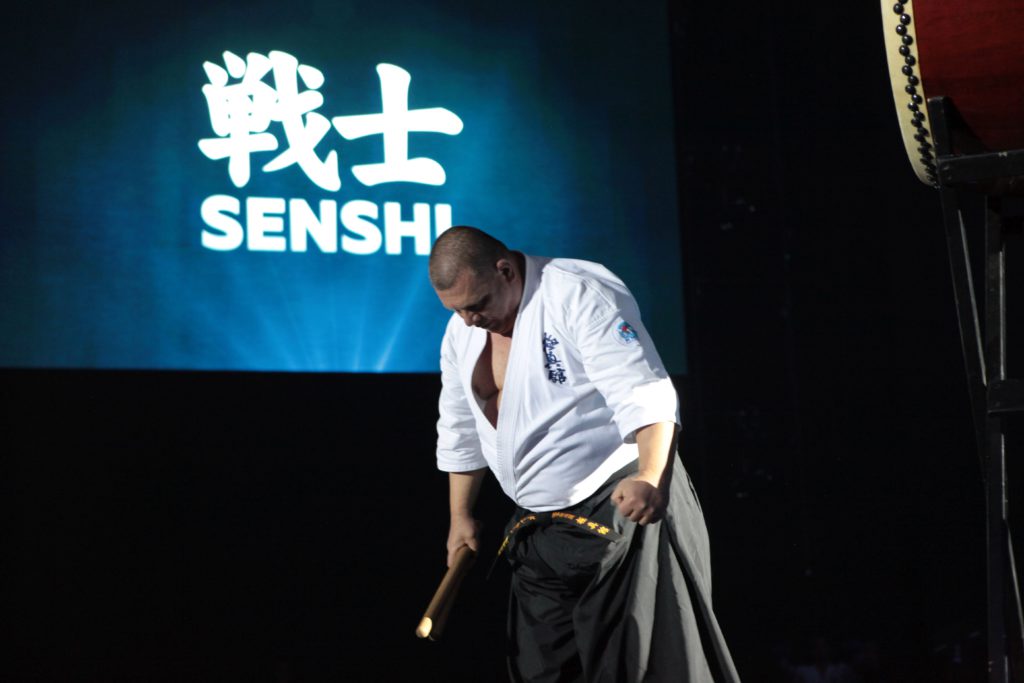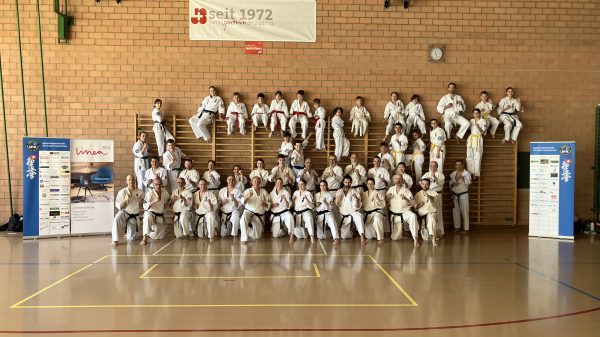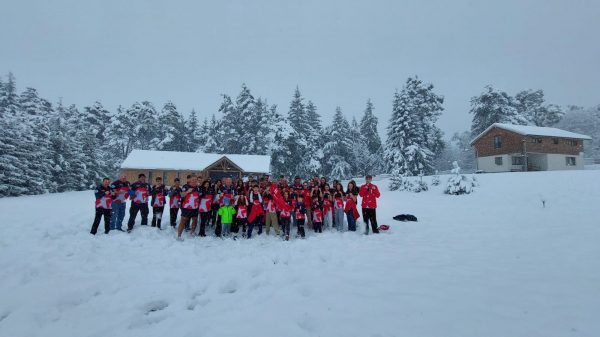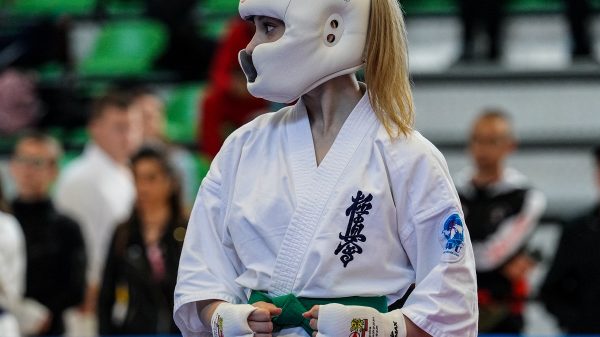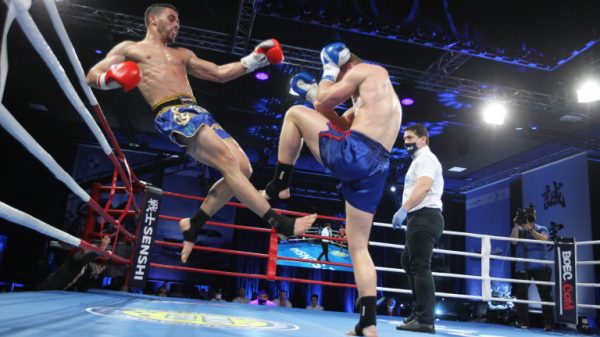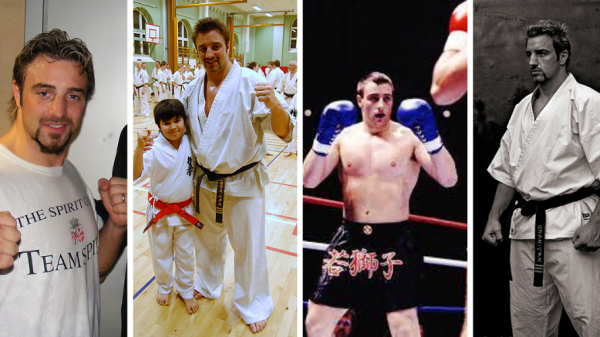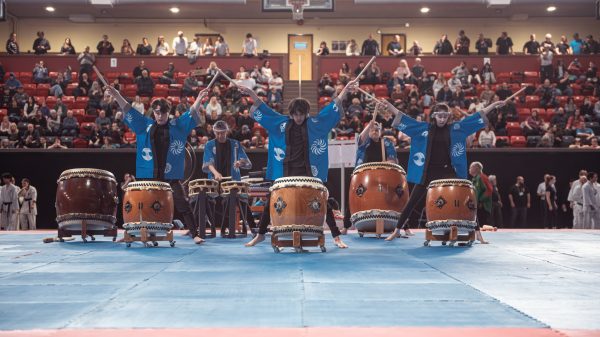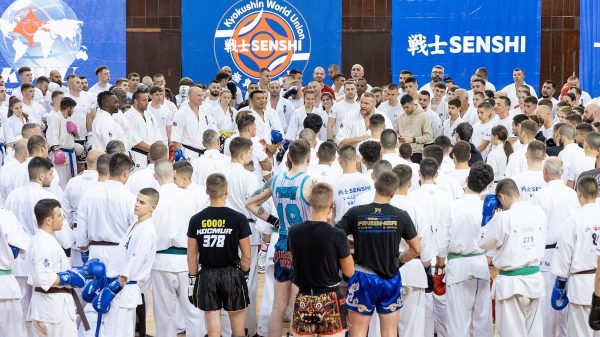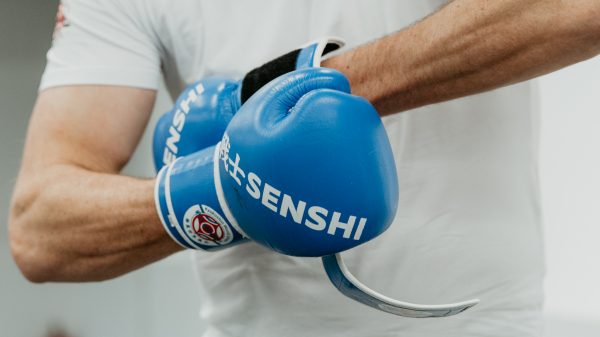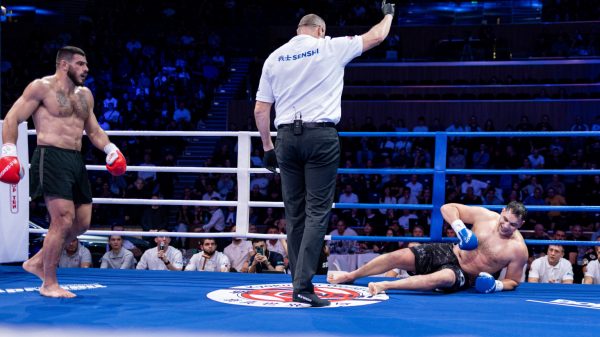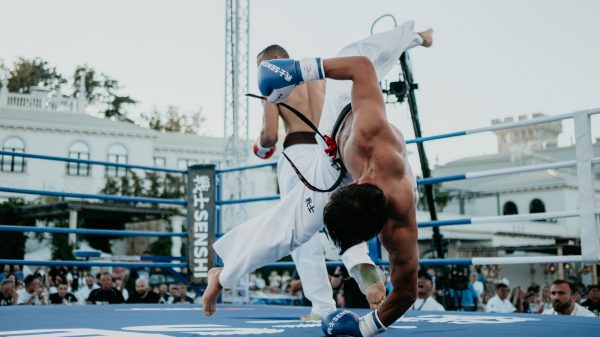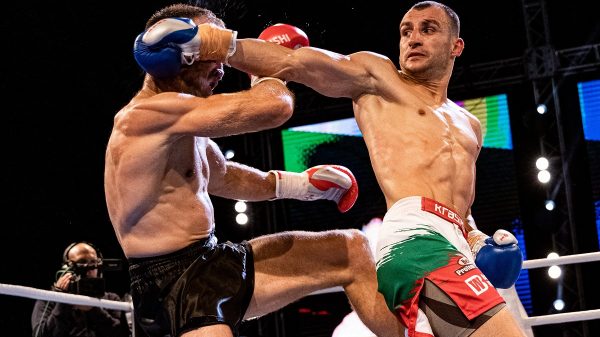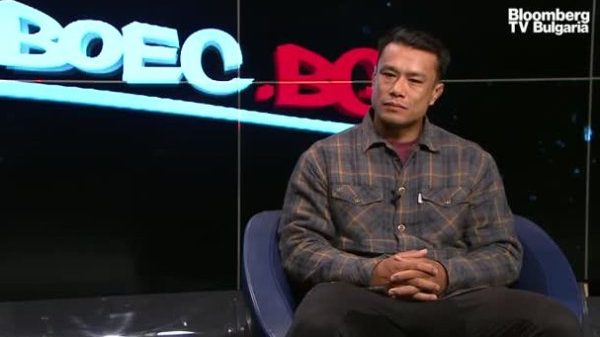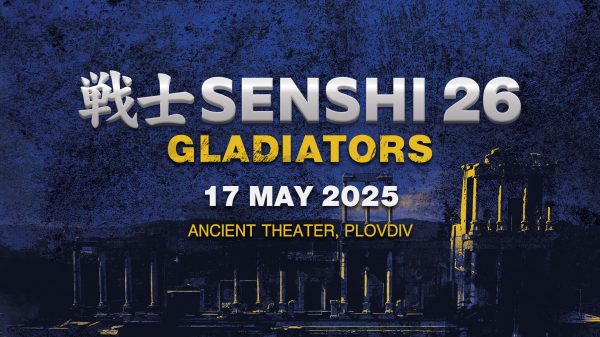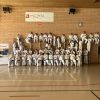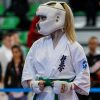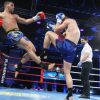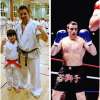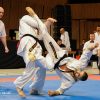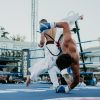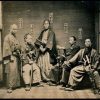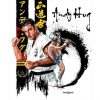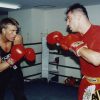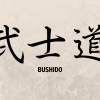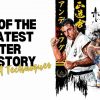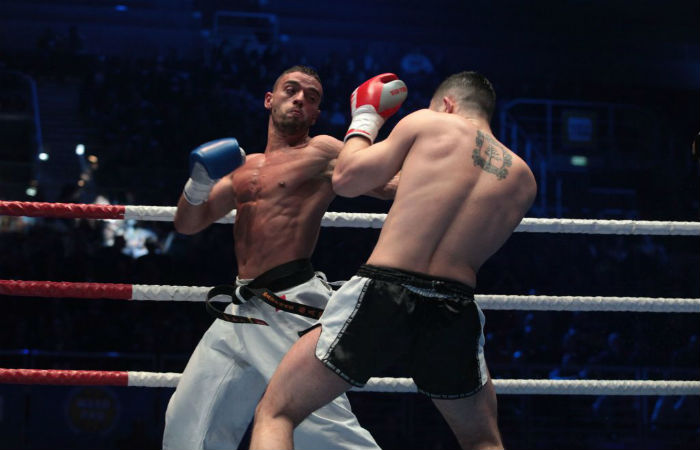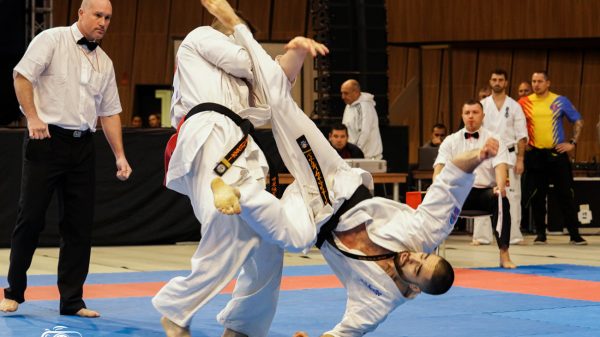SENSHI is a professional chain of gala fight nights and a symbol of a spectacular, high quality and attractive show. The SENSHI ring challenges some of the biggest names in the martial arts world and offers its audience classy kickboxing, muay thai and karate Kyokushin fights, as well as SENSHI style ones under the rules of the new Professional league of the Kyokushin World Union.
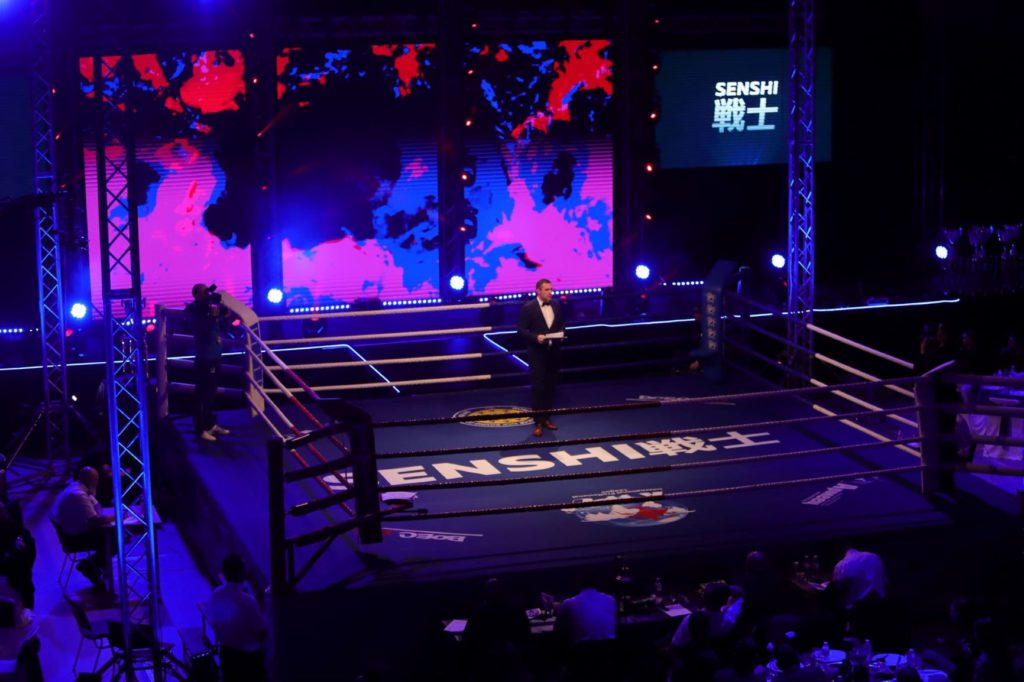
Each edition has a unique format where proven fighters in different styles face each other, and the SENSHI rules are what guarantees spectacular fights in the arena. The rules are designed specifically for SENSHI and they combine skills and techniques used since the beginning of Kyokushin while allowing almost everything on the ring. During the fights, the athletes can use head blows, elbow strikes and throws.
Exceptional preparation, luxurious surroundings, and a spectacular show accompany each edition of gala-night. Competitors from more than 15 countries have fought at the SENSHI ring so far, among which are those trained by Dutch kickboxing legend Peter Arts, as well as stars from the Stoyka Academy – the most renowned kickboxing school in Romania. It was also at the SENSHI ring where the WAKO PRO Intercontinental and European title winners were determined.
2019 SENSHI saw four spectacular editions, also appearing in front of martial arts fans at the Arena Armeec Hall in Sofia, and in the Amphitheater in the Black Sea resort of Kamchia.
On February 22, 2020, the organization returns to Varna, where the fifth unique gala fight night will be staged. You can find more information about the fight card of SENSHI 5 at www.senshi.com and in SENSHI’s social media (https://www.facebook.com/senshigala/ and https://www.instagram.com/senshi.gala/)
You can also watch all SENSHI branded shows on international online television FITE.TV. SENSHI 5 will be broadcasted live and free on FITE TV and www.boec.com.
BACK TO THE ROOTS – SENSHI AND KWU INTERNATIONAL PROFESSIONAL LEAGUE
In 2019 SENSHI fight nights showcased a completely “new” KWU International Professional League rules. The battles are full contact with head strikes, allowing even throws and elbow strikes. But actually the legend Masutatsu “Mas” Oyama is the first martial artist who practiced full-contact karate. He has had strong beliefs that the best technique is the one that works the best for you and devastates your opponent. After many years of hard work, dedication and isolation in the mountains Sosai has decided that he has to test the effectiveness of his skills. In Oyama`s school the “Kumite” has been the aspect that was worked the most on.
The martial artists were throwing punches and kicks and were always expecting to receive hard knocks back. In those times the punches to the head were still allowed, however, if you only had a towel wrapped around your hand or if you hit with the palm of your hand. Gripping, takedowns and hits to the groin were also present.
The sparring session did not finish until one of the two fighters admits he has lost. Over 90% of the sparring sessions finished with knockouts.
After defeating the rest of the schools in Japan, Oyama and his pupils were challenged by muay thai masters in Thailand in their favourable ruleset. The challenge was called “Karate vs. Thai box”, promoted by Noguchi.
The karatekas accepted the challenge and won 2-1 victories in 1964. Karate Kyokushin celebrated and the effectiveness and power of this martial art have been proven once again.
Years later Oyama’s students develop fighting styles – Ashihara karate (Hideyoki Ashihara), Kickboxing (Kenji Kurosaki), Kyokushin Budokai (John Blooming), Seidokaykan (Kazyoshi Ishii), Kudo (Takashi Azuma), Shidokan (Yoshidji Soeno), Enshin Kaykan (Yoko Nonomiya). The Creator of Seidokaykan, Kazyoshi Ishii, creates and promotes the most attractive and practiced discipline today – K-1.
Karate Kyokushin is in the roots of all those styles and their rulesets. KWU International Professional League brings us back to the glorious days of this martial art. At SENSHI we can see the rules as they originally were – full contact. There will be three different rulesets:
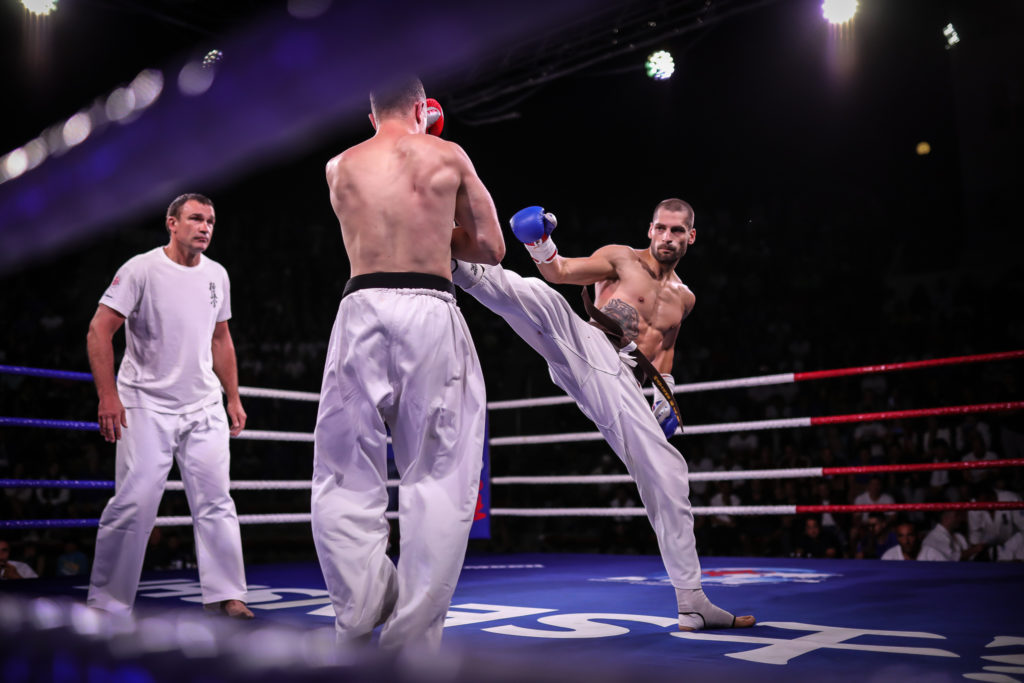
KWU – FULL CONTACT, KWU SENSHI, and KWU OPEN
With the first SENSHI gala, the organizers presented this idea. There was one fight under these rules, but the second edition of SENSHI presented four full contact clashes.
At the beginning of July, the XIII International KWU Summer Camp was held in Kamchia with a record number of 1618 participants and trainers from 28 countries. The rules of the KWU International Professional League were presented to karatekas. A technical seminar, a refereeing seminar, karate training, and special training seminars were held with Semmy Schilt and Peter Aerts. Some of the most successful fighters of the K-1 era and Schilt is a karate specialist, too.
“I still practice karate. This sport has given me everything in my life. So now I’m motivated to teach others. I think SENSHI will help Kyokushin become more popular,” said Schilt in front of Boec.COM reporter.
The main focus in Kamchia, however, was the third edition of professional fight nights SENSHI. This time with the new SENSHI Cup format – a two-day tournament with 8 weight categories -65, -70, -75, -80, -85, -90, -95 and +95 kg . It included only KWU SENSHI rules battles.
At the SENSHI Cup battles with three rounds, three minutes each were played. In order to lift the cup, the karateka had to overcome qualification, semifinal, and grand final. The format was enjoyed by a lot of fans.
At the end of October in Varna at SENSHI 4 – Five of the bouts were conducted under the full contact karate kyokushin style, two of the fights went down under the K-1 rules and the remainder of the clashes were under the KWU International Professional League rules.
The spectacle was guaranteed, and many knockouts made the evening unforgettable.
In addition, a training seminar was held to familiarize the contestants with the specifics of KWU International Professional League. Another legend from the “golden” era of K-1, Ernesto Hust, who won the Grand Prix of the tournament four times, took part in it.
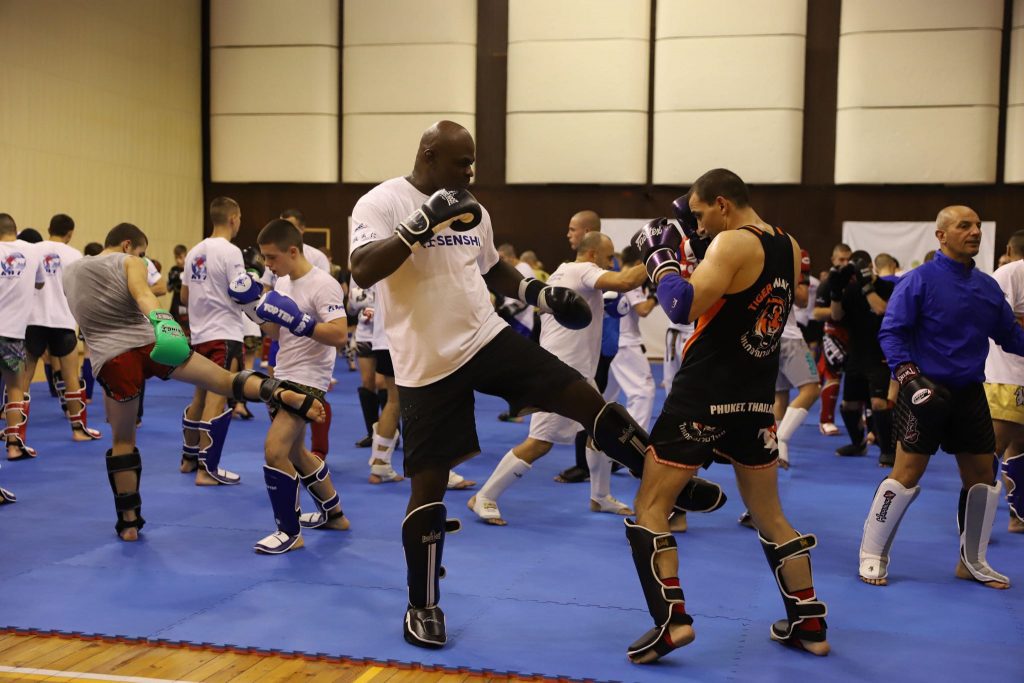
They were joined by Shihan Ivo Kamenov – the Chairman of KWU’s International Professional League and Chairman of Bulgaria’s Association of Martial Sports and Shihan Aleksandr Pichkunov – Secretary-General of Kyokushin World Union. The legendary fighter has been a finalist in K-1 Grand Prix in 2007 and 2008. The Russian is also a bronze medalist form a Karate Kyokushin World championship in 2005. He’s a silver medalist from the Russian Kyokushin championship in 2004 and winner of the Russian Kyokushin cup in 2001.
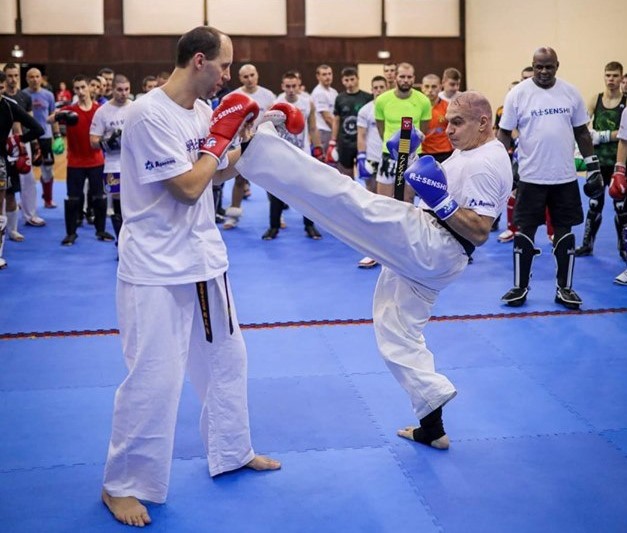
Parallel with the fifth edition of SENSHI, a new international seminar for instructors, competitors, and judges are forthcoming on February 21-22 in Varna, Bulgaria. The rules of the KWU International Professional League will be explained and there will be a diploma given to every graduate.
But what is the difference in these “new” rules? Here is a brief and systematic explanation:
KWU FULL CONTACT:
All boxing hits, spinning back fist are allowed; all kicks; one knee hit to the head after grasping with two hands; clinch up to 5 seconds; cuts; grip and kick without pulling or pushing the opponent.
Prohibited: hit in the groin, nape, spine; blow with the inside of the glove; hits against the knee joint; blow with the head; a blow to a fallen opponent; strikes from a lying position; elbow strikes; throws; ground and pound; stranglehold; biting.
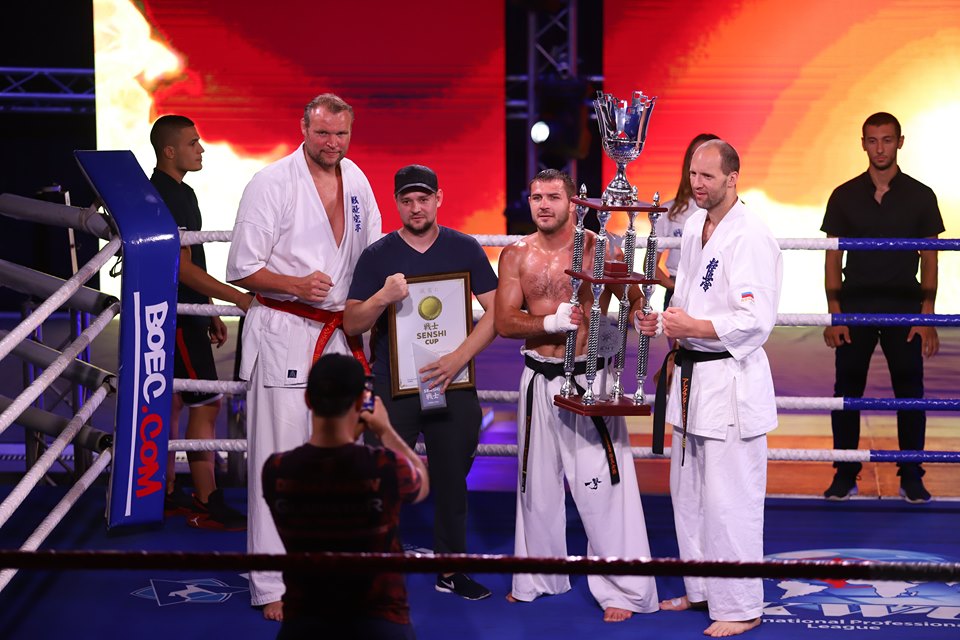
Secretary-General of Kyokushin World Union Shihan Aleksandr Pichkunov awarding the champion -80kg Andrey Chekhonin
KWU SENSHI:
All boxing hits allowed; spinning back fist; all kicks; one knee hit to the head after grasping with two hands; clinch up to 5 seconds; cuts; grip and kick; elbow strikes; throws.
Prohibited: hit in the groin, nape, spine; blow with the inside of the glove; hits against the knee joint; blow with the head; restraining the head with one arm and striking with elbow with the free arm; a blow to a fallen opponent; strikes from a lying position; ground and pound; stranglehold; biting.
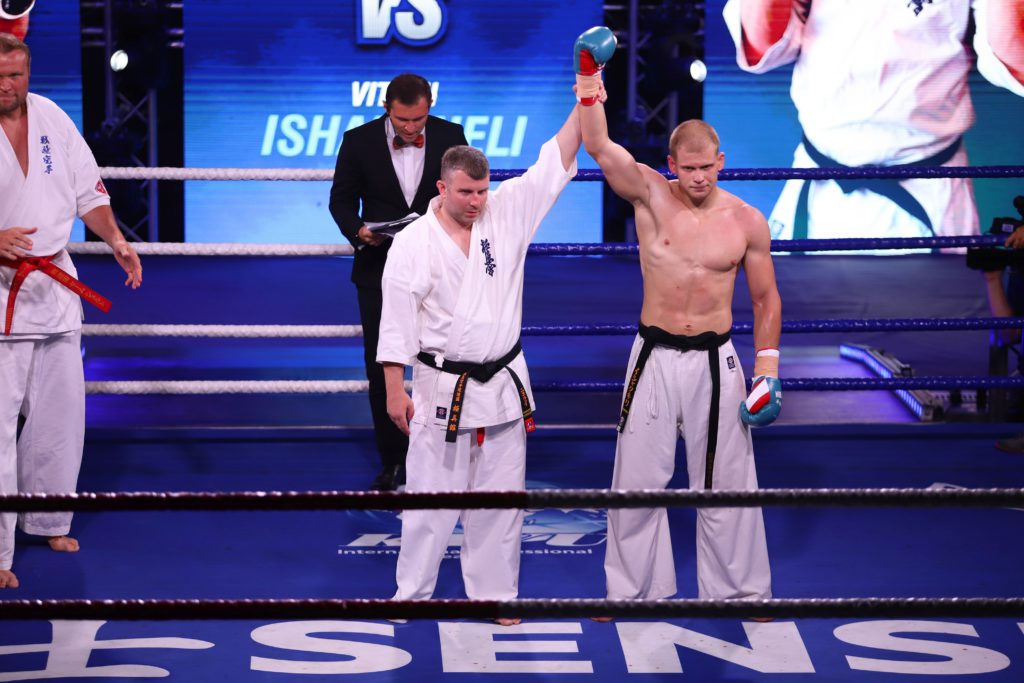
KWU OPEN:
All boxing hits allowed; spinning back fist; all kicks; clinch up to 10 seconds; cuts; grip and kick; elbow strikes; throws; groundwork twice for thirty seconds per round; stranglehold on ground; submissions on the ground (legs only on the Achilles, without twisting the ankle and knee joint); hit with hands and knees only in the body on the ground.
Prohibited: hit in the groin, nape, spine; blow with the inside of the glove; hits against the knee joint; blow with the head; striking a fallen opponent from a stand; attack with elbows and knees in the head on the ground; biting; tosses with head fall and on the entire spine with fall on the opponent.
